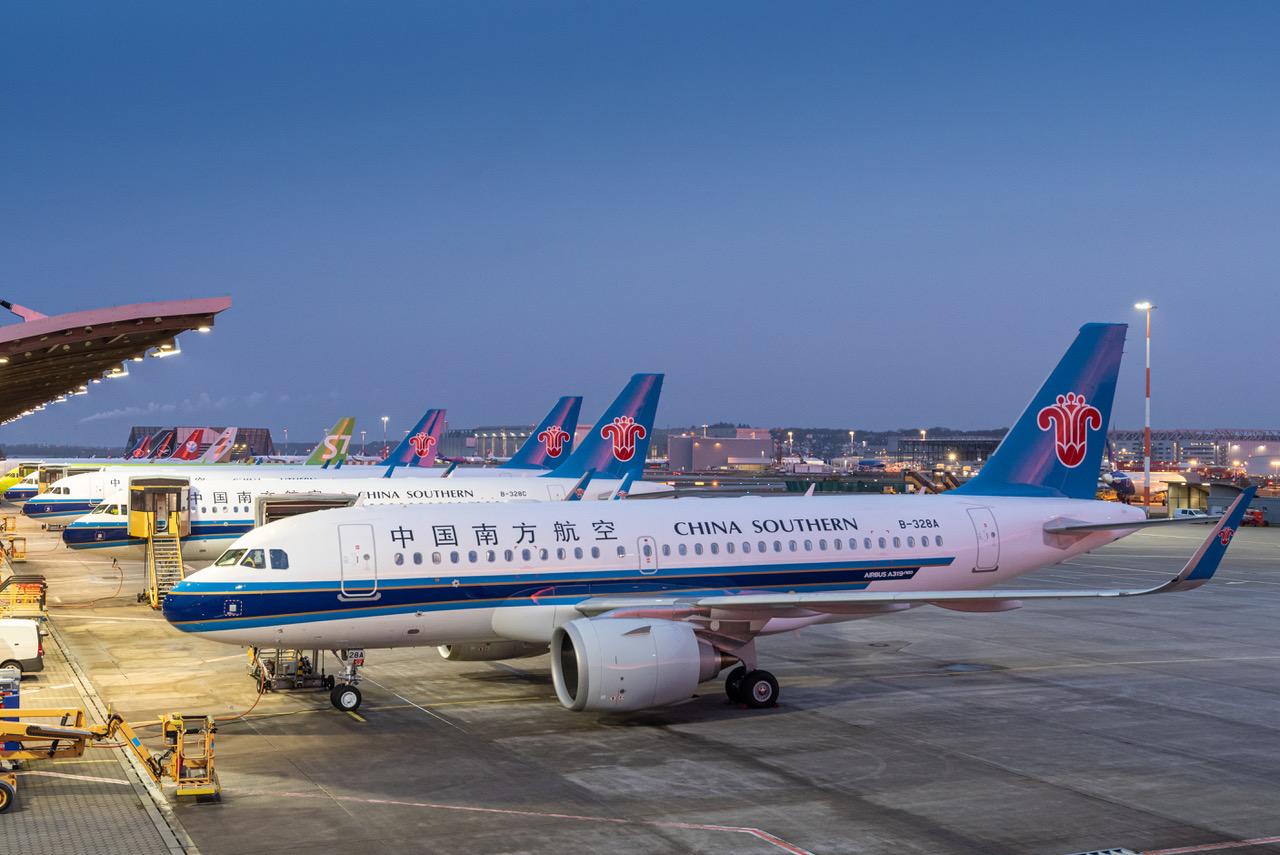
Credit: Airbus
SINGAPORE—Airbus has delivered the first A319neo to China Southern Airlines, which becomes the first commercial operator of the shortened A320neo family aircraft. The Guangzhou-based airline only ordered two A319neo. The aircraft is expected to be deployed on routes to so-called high-altitude...
Subscription Required
This content requires a subscription to one of the Aviation Week Intelligence Network (AWIN) bundles.
Schedule a demo today to find out how you can access this content and similar content related to your area of the global aviation industry.
Already an AWIN subscriber? Login
Did you know? Aviation Week has won top honors multiple times in the Jesse H. Neal National Business Journalism Awards, the business-to-business media equivalent of the Pulitzer Prizes.





